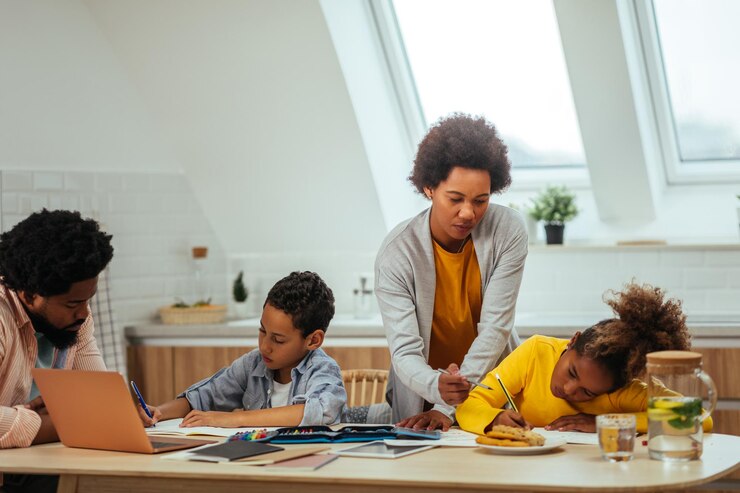Introduction
Learning disabilities present unique challenges, but they don’t have to define a student’s educational journey. With the right strategies, support, and mindset, students can overcome these obstacles and thrive academically and emotionally. In this article, we will explore effective ways to cope with learning disabilities, emphasizing the importance of student mental health.
Understanding Learning Disabilities
Learning disabilities are neurological disorders that affect how individuals process information. Common types include dyslexia, dyscalculia, and ADHD. Recognizing these conditions early is crucial. Parents and educators play a vital role in identifying signs and seeking appropriate interventions. Early diagnosis helps students get the support they need to succeed.
Embracing a Positive Mindset
A positive mindset is essential for students with learning disabilities. Encouraging self-belief and resilience can make a significant difference. When students understand that their learning disability is just one aspect of who they are, they become more empowered. Celebrating small victories and focusing on strengths boosts confidence and fosters a growth mindset.
Seeking Professional Help
Professional support is invaluable for students with learning disabilities. Psychologists, special education teachers, and counselors provide tailored strategies to address specific needs. These experts develop Individualized Education Programs (IEPs) to create a customized learning plan. Regular sessions with a therapist can also help students manage stress and anxiety, ensuring their mental health remains a priority.
Utilizing Assistive Technology
Assistive technology offers practical solutions for students with learning disabilities. Tools like text-to-speech software, audiobooks, and organizational apps make learning more accessible. These technologies empower students to overcome challenges and enhance their academic performance. Schools should integrate assistive technology into their curriculum to support diverse learning styles.
Developing Effective Study Habits
Establishing effective study habits is crucial for success. Break tasks into smaller, manageable steps to avoid feeling overwhelmed. Create a structured study schedule and stick to it. Use visual aids like charts and diagrams to reinforce learning. Taking regular breaks and practicing mindfulness techniques can improve focus and reduce stress.
Building a Supportive Network
A strong support network is essential for students with learning disabilities. Parents, teachers, and peers play critical roles in providing encouragement and assistance. Open communication between students, parents, and educators ensures everyone is on the same page. Peer support groups offer a safe space for sharing experiences and coping strategies, fostering a sense of belonging.
Prioritizing Student Mental Health
Student mental health should always be a top priority. Learning disabilities often come with emotional challenges such as frustration, low self-esteem, and anxiety. Schools should provide access to mental health resources and create an environment that promotes well-being. Encouraging physical activity, healthy eating, and adequate sleep also contributes to better mental health.
Implementing Classroom Accommodations
Classroom accommodations make a significant difference for students with learning disabilities. Extended test time, quiet testing environments, and alternative assessment methods level the playing field. Teachers should be flexible and willing to adapt their teaching methods to meet diverse needs. Incorporating hands-on activities and interactive learning can engage students more effectively.
Encouraging Self-Advocacy
Teaching students to advocate for themselves is empowering. Encourage them to communicate their needs and seek help when necessary. Self-advocacy skills build confidence and independence. Role-playing scenarios and practicing effective communication techniques can prepare students to navigate challenges and assert their needs.
Promoting Awareness and Understanding
Raising awareness about learning disabilities reduces stigma and promotes inclusivity. Schools can organize workshops and seminars for students, teachers, and parents. Educating the community fosters empathy and understanding, creating a supportive environment for all students. Celebrating neurodiversity helps everyone appreciate the unique strengths and perspectives each individual brings.
Conclusion
Coping with learning disabilities involves a multifaceted approach that prioritizes student mental health. By embracing a positive mindset, seeking professional help, utilizing assistive technology, and developing effective study habits, students can overcome challenges and thrive. Building a supportive network, implementing classroom accommodations, encouraging self-advocacy, and promoting awareness further enhance their journey. With the right strategies and support, students with learning disabilities can achieve their full potential and lead fulfilling live.






